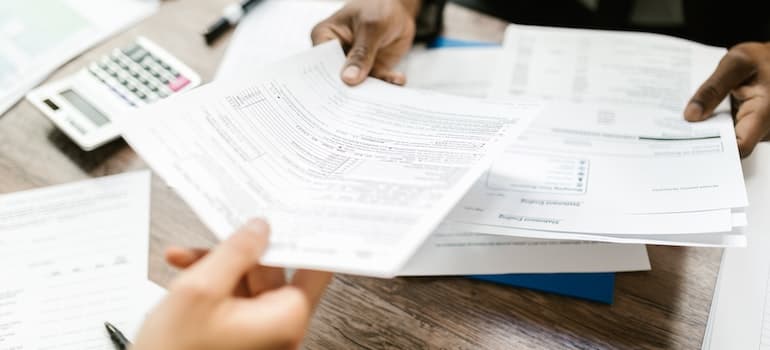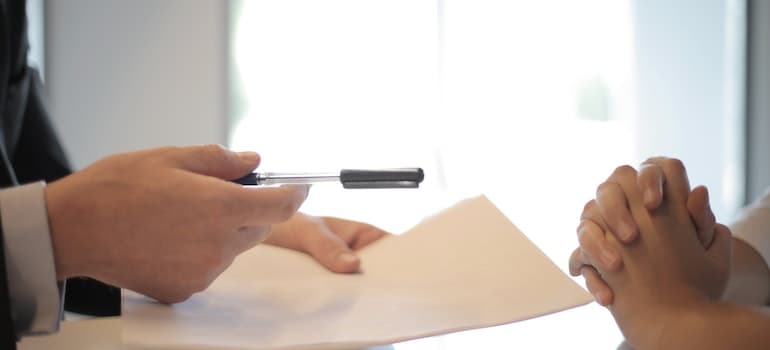How to Negotiate with Insurance Companies After an Accident
Imagine you’re driving home, minding your own business, when suddenly, the unexpected happens—an accident. In that split second, your life changes, and you find yourself facing not only physical and emotional challenges but also the complex world of insurance claims. Navigating this maze can be daunting, especially when unsure how to negotiate with insurance companies after an accident.
Whether it’s a car collision, a home disaster, or any unforeseen incident, knowing how to choose the right personal injury attorney and how to handle the aftermath can make all the difference in securing the compensation you rightfully deserve. We’ll walk you through each step, from understanding the insurance claims process to mastering essential tactics.
Understand the Insurance Claims Process
Before delving into the intricacies of how to negotiate with insurance companies after an accident, it’s crucial to have a firm grasp of the insurance claims process itself. At its core, the insurance claims process involves filing a claim with your insurance provider, providing necessary documentation, and negotiating a settlement. However, the specifics can vary greatly depending on the type of incident you’ve experienced.
Imagine you’re relocating to a new city. During the move, your valuable possessions are damaged or lost. This is where buying moving insurance comes into play. Understanding why you should opt for such insurance is crucial, as it provides coverage for unforeseen mishaps during your move. For instance, having a list of all your items and knowing their value can help you comprehensively protect your assets and interests in case of an accident.
Knowing your policy details inside and out is essential, whether it’s a relocation, a fall, or a car accident. It enables you to negotiate effectively and ensures you receive the compensation you’re entitled to as you navigate the challenging terrain of insurance claims.

To effectively negotiate with insurance companies after an accident, gather all the relevant evidence first
Gather Evidence and Documentation to Build a Strong Case
Thorough evidence collection is vital as it can significantly impact the outcome of your negotiation with insurance companies. Therefore, think of this step as constructing the pillars of your case.
For instance, one of the most common mistakes in the aftermath of a car accident is not collecting enough evidence. It’s vital to avoid such mistakes. Begin by documenting the scene—take photographs from various angles, capture vehicle damage, and note any relevant details, such as road conditions or weather. Obtain copies of police reports, if applicable, as they provide an objective account of the incident.
Medical documentation is equally crucial. Keep records of your injuries, medical bills, and treatment plans. In the case of property damage, save repair estimates and invoices. This meticulous approach will bolster your case and provide the ammunition needed to negotiate with insurance companies after an accident.
Evaluate Your Damages
The next crucial step is to evaluate your damages. Whether it’s the aftermath of a car accident or any other unfortunate incident, understanding how to assess different types of damages is essential to securing a fair settlement.
Start by calculating your medical expenses. Compile all medical bills related to your injury treatment, including hospital stays, surgeries, medications, and rehabilitation. Keep a record of your out-of-pocket expenses, as these are often reimbursable.
Property damage is another crucial aspect. If your vehicle was involved in the accident, gather estimates and invoices for repairs or replacement. For other types of accidents, such as home damage or personal property loss, document the cost of repairs or replacement items.
Don’t forget to factor in lost wages if your injuries have resulted in time away from work. Keep pay stubs, employment records, and any correspondence with your employer regarding your absence.

A personal injury attorney can guide you through the negotiating process
Initiate Your Claim Negotiation
With a solid foundation of evidence and a clear understanding of your damages, it’s time to initiate the negotiation process.
Start by contacting your insurance company promptly. Provide them with all the necessary documentation, including your evidence and documentation of damages. Be clear and concise in your communication, and keep records of all correspondence.
Consider seeking legal counsel if you’re dealing with a complex case or substantial injuries. A personal injury attorney can help you rebuild your life by navigating the negotiation process on your behalf, ensuring that your rights and interests are protected.
Tactics for Successful Negotiation
Mastering effective negotiation strategies is paramount. Although the negotiation process can be challenging and stressful, these tactics will help you receive fair compensation for your losses.
- Be respectful
First and foremost, maintain a polite and respectful demeanor throughout the negotiation process. Courtesy can go a long way in fostering a constructive atmosphere for discussion. Be persistent but avoid confrontation, as a collaborative approach often yields better results.
- Present your case with data and confidence
Ensure you have comprehensive documentation of your damages, and present your case with clarity and confidence. Be prepared to provide supporting evidence for your claims, whether it’s medical records, repair estimates, or witness statements.
- Have a professional help
Consider hiring a personal injury attorney if negotiations stall or become contentious. They possess the expertise to navigate complex legal aspects and can advocate effectively on your behalf.

Give careful consideration to all counteroffers to see whether they’re the right choice for you
Handle Counteroffers and Settlements
As you negotiate with insurance companies after an accident, you’ll likely encounter counteroffers and settlements.
When presented with a counteroffer from the insurance company, take your time to review it carefully. Don’t rush into decisions. Evaluate the offer concerning your documented damages and the overall impact of the accident on your life.
If the counteroffer aligns with your expectations, consider accepting it. However, if it falls short, don’t hesitate to negotiate further. Provide additional evidence and reasoning to support your desired settlement amount.
During this phase, be open to compromise but stand firm on the value of your claim. Remember that your personal injury attorney, if you’ve enlisted their help, can play a crucial role in guiding you through this negotiation process.
Secure Your Deserved Compensation
When you need to negotiate with insurance companies after an accident, it’s vital to have some essential skills and insights. From understanding the claims process to gathering evidence, evaluating damages, and employing negotiation tactics, you can now assert your rights and secure fair settlements. Remember that a personal injury attorney can be your ally in this endeavor. So, as you embark on this path, know that your determination and knowledge will play a pivotal role in achieving the outcomes you deserve.
Serving the following counties in Kentucky: Washington, Marion, Nelson, Taylor, Green, Boyle, Mercer, Anderson.


Recent Comments